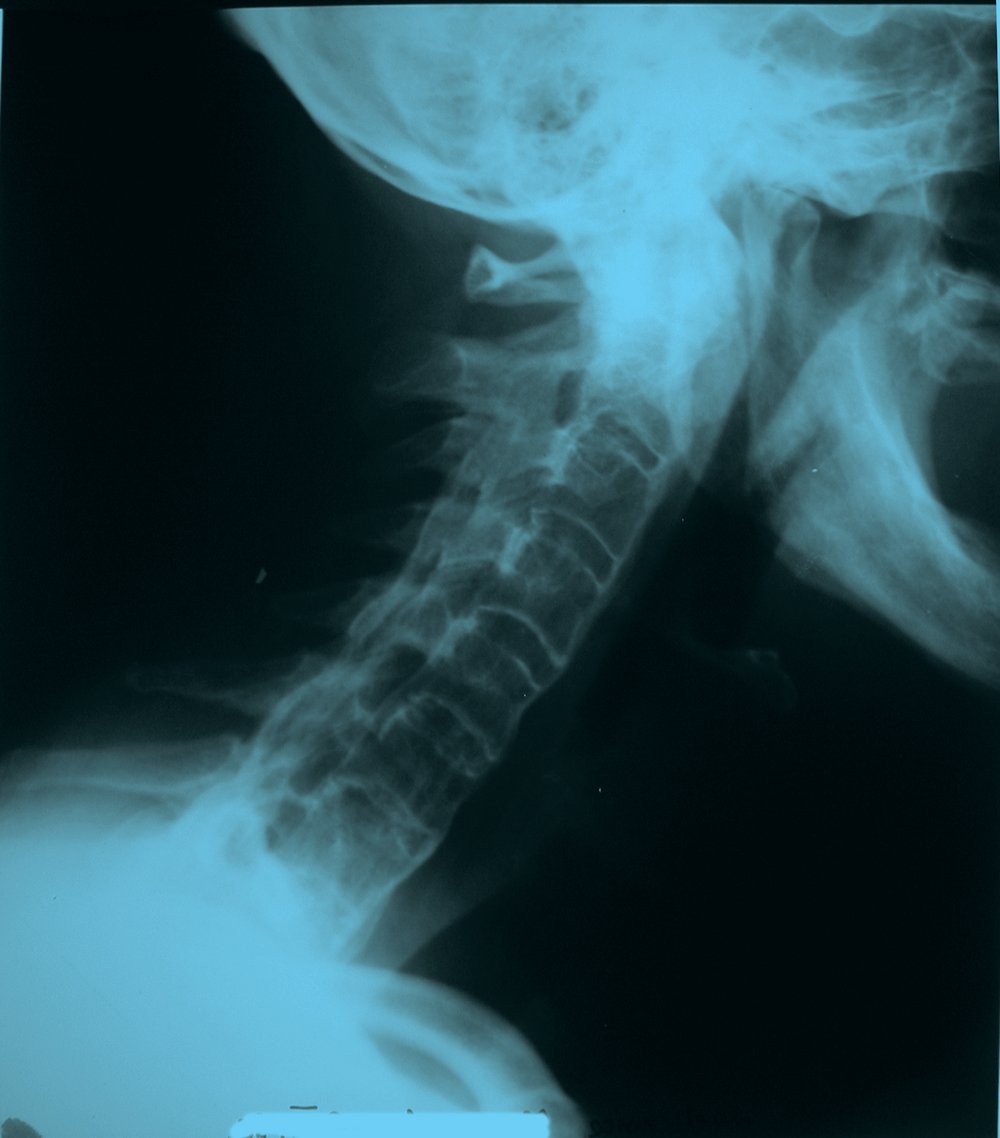
Issue 063
June 2010
In May of 2009, an Iowa MMA fighter, Zach Kirk, suffered a broken neck and paralysis after landing on his head during a takedown attempt. It is unclear to what extent he will recover.
What is it?
The human neck is a complex bit of kit, with numerous vital structures passing through it. This means there are lots of possible things that can go wrong – and a full discussion about all of them would take more space than we have here. Neck injuries may include damage to any or all of the bones, joints, ligaments, muscles, nerves and blood vessels. Minor neck injuries, aches and pains are very common in MMA and grappling. The important thing is to be aware when an injury is potentially more serious and requires prompt or even urgent treatment.
How it happens
Injuries to the neck can happen because of a collision between the head and the opponent, cage wall or floor; as the result of a submission attempt; twisting or wrenching forces during grappling exchanges; from whiplash following a strike or slam; or simply due to wear and tear that may build up over years of training.
Who has it happened to?
In May of 2009, an Iowa MMA fighter, Zach Kirk, suffered a broken neck and paralysis after landing on his head during a takedown attempt. It is unclear to what extent he will recover. Fortunately, such injuries are extremely rare. Canadian lightweight Chris Horodecki was forced off Affliction’s second event because of a bulging disc in his neck.
How do I know if I need to call an ambulance?
Neck injuries can be worrying, especially if they happen as a result of trauma or impact. Fortunately, most neck injuries sustained in MMA and grappling are relatively minor and will resolve by themselves. However, it’s important to be alert to the possibility of a more serious injury.
If you are ever in doubt about the severity of a neck injury, then seek urgent medical help. If there is any possibility of a fracture, especially following a fall or collision involving the head or neck, then it is important to avoid moving the fighter and call emergency services immediately to reduce the risk of permanent spinal cord damage.
All neck injuries should be followed up, and especially if there are any of the following warning signs that may indicate a more serious condition:
- Head injury or loss of consciousness
- Sudden (or traumatic) onset of neck pain
- Weakness or paralysis anywhere in the body
- Numbness, tingling or pins and needles
- Loss of bladder or bowel control.
Treatment
For more minor neck injuries, standard treatment involves rest, ice and common anti-inflammatory medication. In many cases treatment from a qualified osteopath, physiotherapist or chiropractor can also help, and may prevent recurrence of the injury. They will also be able to advise you if you need to be referred back to your doctor or to a specialist in the case of a more serious injury. Some neck injuries may require consultation with a specialist, hospitalization and / or surgery.
How long can a fighter expect to be out for?
This depends entirely on the severity of the injury. It could be few days for a very minor injury or career-ending in the case of a major one.
What problems can it cause?
Many neck injuries will resolve fairly quickly, but most have a tendency to recur. For recurring neck injuries it is worth consulting a sports injury specialist and / or a good strength and conditioning coach to discuss what you can do to prevent this from happening. Repeated injuries can increase the risk of developing osteoarthritis and other problems later on. Some neck injuries cause compression or injury to the nerves that travel down the arms, causing numbness, pins and needles or weakness in the affected limb. Sometimes this kind of injury will resolve (either on its own or with surgery) and other times it can lead to ongoing problems throughout the fighter’s career.











